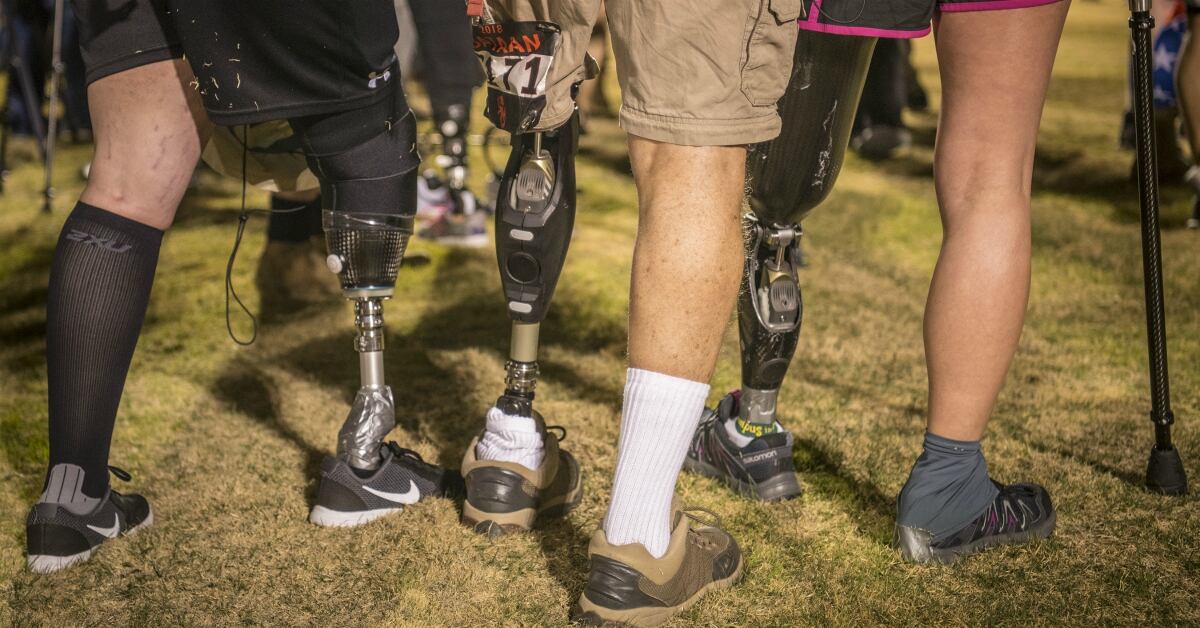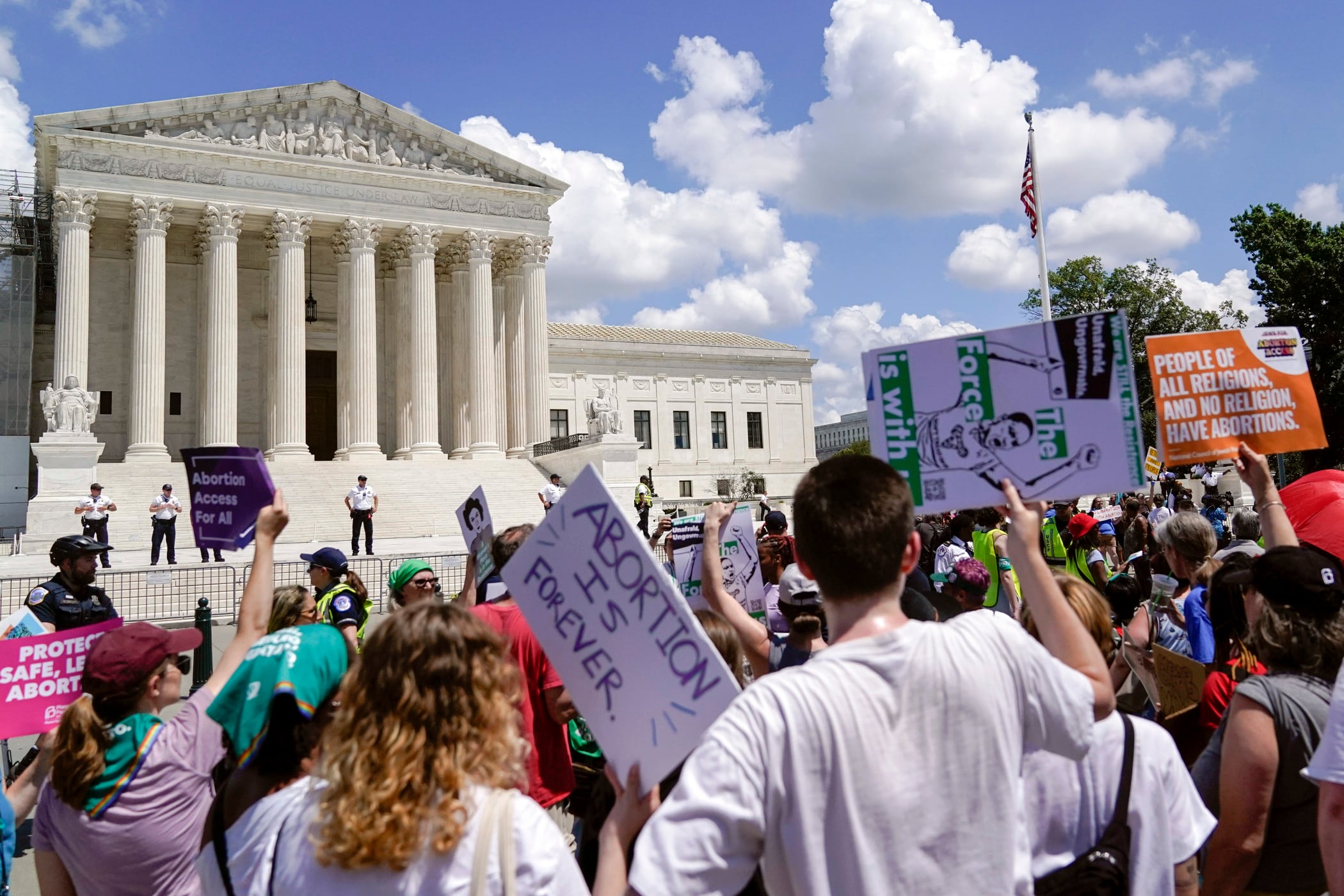Nearly 42,000 disabled veterans are eligible to have their federal student loan debt dismissed.
But only about 18 percent of them have gotten their loans dismissed, according to the Department of Education. And making matters worse, around 25,000 disabled veterans have already defaulted on their student loans.
Veterans who have a total and permanent service-connected disability or receive disability benefits at the 100-percent level are eligible for the loan forgiveness program, called Total and Permanent Disability Discharge, or TPD. This loan forgiveness can also apply to federal student loans that disabled veterans take out for their children.
Last spring, the Education and Veterans Affairs Departments launched a data sharing initiative to cross-check the VA’s records of veterans with a total and permanent service-connected disability against the Education Department’s database of student loan borrowers. When there’s a match, the Education Department mails the veteran a simplified TPD application.
As of October, about 42,000 veterans had been contacted, and 7,700 had their loans discharged, according to information provided by the Education Department this week. That leads advocates to wonder whether there’s more the federal government can do to expand the benefit’s reach.
“These people can’t work. They’re 100 percent disabled. Of course they’re going to have problems paying back student loans,” said Mike Saunders, director of military and consumer policy at the nonprofit Veterans Education Success. “It’s up to the administration to take proactive action to go out and help these people. To that end, we believe that automatic forgiveness should be something that the administration should be considering.”
Veterans service organizations, including VES, Vietnam Veterans of America and four others, sent a letter to Education Sec. Betsy DeVos asking as much in November, writing, “It is not fair to ask severely disabled veterans to have to complete paperwork, especially given that some catastrophic disabilities will interfere with their ability to complete the paperwork.”
But department officials said it’s not quite that simple.
“The Department recognizes the sacrifices veterans and their families have made for our country, which is why we’ve streamlined the TPD discharge process through the data matching process with the VA,” Liz Hill, a spokeswoman for the Education Department, said in an email. “The last thing we want to do is cause unintended consequences — like impact future federal student aid or create a state or local tax liability — for men and women who have given so much.”
Another department official told Military Times some veterans eligible for TPD discharge are able to work and go to school, even though they have a VA service-connected disability rating of 100 percent. Getting their loans discharged under this program could make it more difficult for them to qualify for federal student loans in the future.
What’s more, the official said, a handful of states tax borrowers who have loans discharged, and the Department is not in the business of tracking these laws, or of taking away people’s ability to choose whether getting their loans discharged is worth the potential ripple effects.
Currently, veterans who are flagged in the Education Department’s system as eligible for loan forgiveness under TPD are contacted by federal loan servicer Nelnet. The company sends them the application, explains the program and gives them 120 days to respond.
In the meantime, veterans don’t have to continue payments on their student loans. After the waiting period, Nelnet sends the veteran a reminder, but if the veteran still does not respond, the government can start collecting on the loans once more.
Any disabled veteran who thinks they may be eligible for the TPD loan discharge program should contact their federal loan service provider, which will then direct them to Nelnet, department officials said. Alternatively, veterans can apply online and, if they’re in VA’s database of veterans who meet the initial discharge qualifications, the Education Department will fast-track their applications.
Still, VES thinks the government can do more to boost the number of disabled veterans who are getting their loans discharged, maybe even by concentrating efforts in the majority of states where there is no associated tax penalty, Saunders said.
“We want them to do more to get that information out there,” he said. “People who are in poor financial situations, a lot of times they move, a lot of times they’re going through a bunch of different things in their life that makes it hard to (respond) if the government reaches out at one point and sends a letter. It has to be a sustained effort.”
Military Times contributor and former reporter Natalie Gross hosts the Spouse Angle podcast. She grew up in a military family and has a master's degree in journalism from Georgetown University.





